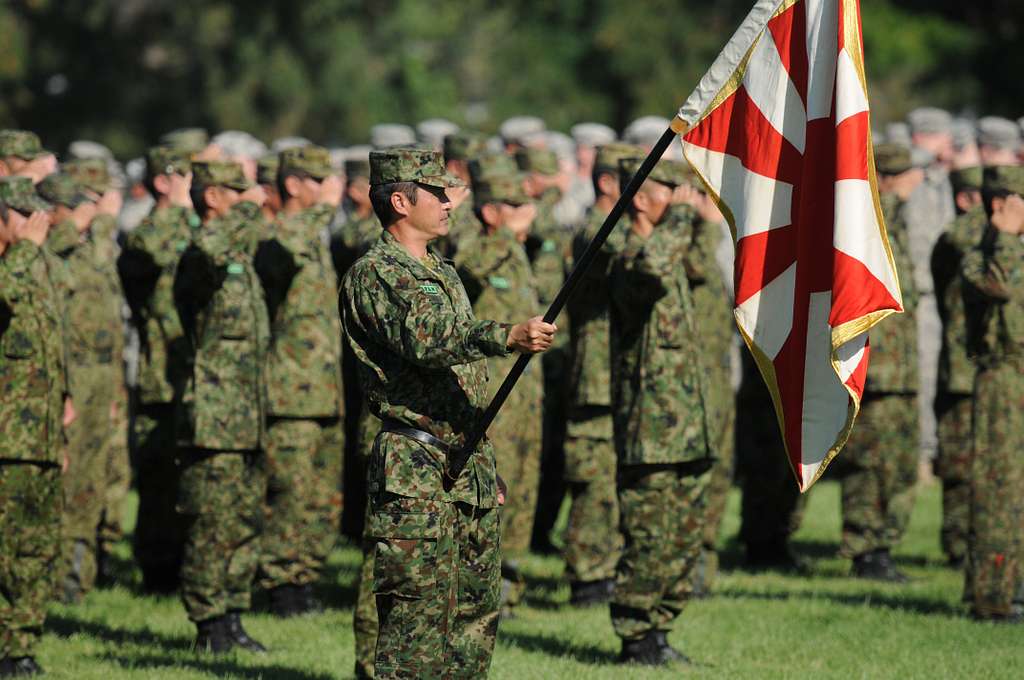Apart from its well-practiced habit of uncritically repeating whatever the Pentagon, State Department, White House (or really any other government agency) have to say on a particular subject, of equal importance in any indictment of the so-called Fourth Estate is what the corporate media does not report at all. Admittedly, to borrow from Sir Arthur Conan Doyle, a dog that fails to bark is not as readily noticeable as one which does; but when it comes to the fake China threat, several recent examples are particularly instructive.
First, U.S. House Speaker Kevin McCarthy’s loudly applauded meeting in late March with Taiwanese leader Tsai Ing-wen. Apart from failing to note that the first meeting on U.S. soil of a sitting Taiwanese leader with the third-highest ranking elected American government official since the U.S. supposedly severed relations with Taipei and recognized Beijing as legitimate government of China in 1979 clearly violated the agreed prohibition on high level government-to-government contacts between the two, the corporate media failed to report that at the same time Kevin McCarthy was posturing to show everyone that he was as tough as Nancy Pelosi, the leading members of the Taiwanese opposition party (the KMT) were in Beijing effectively showing their commitment to the status quo and good relations with the mainland.
Though readily available to anyone who cared to look, this inconvenient fact was doubtlessly ignored as it did not fit the narrative of a nation uniformly ready to die in a cross-strait fight with U.S.-made weapons in their hands. Given the sound shellacking Tsai Ing-wen’s Democratic Progressive Party received in local elections this past year, one would be unsurprised to see them lose the presidency in 2024, just as they did after the last round of independence-agitating by the party during the early 2000s.
The second notable non-story in the corporate press is Beijing’s position on Okinawa and its recent activities with regard to those formerly independent islands. No doubt in retaliation for Japan’s increasingly hostile stance toward China and its support for Taiwanese independence, Beijing has announced it will began calling the Okinawa prefecture by its old name of Ryukyu, will open a regional diplomatic office there, and will host its governor Denny Tamaki for a visit to China. Further, in an April speech China’s Foreign Minister made reference to both the Potsdam Proclamation and Cairo Declaration, and while this was done in the context of talking about Taiwan, these agreements also clearly spell out that Ryukyu/Okinawa was to be stripped from Japan at the end of World War II.
(For a bit of additional context on this admittedly obscure issue, Ryukyu was long a tributary kingdom of the Chinese Imperial state before being annexed and renamed by Imperial Japan in the late nineteenth century as the Qing dynasty disintegrated. The islands, for there are some dozens that comprise the Okinawa Prefecture, were unilaterally given to Japan by the United States in 1971 in exchange for continued basing rights for U.S. forces over the objections of the local native inhabitants).
While the status of Okinawa/Ryukyu has long hovered in the background of Sino-Japanese relations, these moves by China hinting at support for the independence of Okinawa/Ryukyu should be understood not as overt threats but as subtle signals from Beijing directed at Tokyo: two can play at this game, so stop causing trouble for us or we will start causing trouble for you.
The last thing the powder keg of the Indo-Pacific needs is further reason for confrontation, but with Tokyo continuing to follow Washington’s lead in efforts to contain China (see its recent decision regarding semiconductor export restrictions), Beijing will naturally be looking for low-cost ways to needle them back. While such actions, of course, have the possibility of inadvertently spiraling out of control, all the participants involved have reasons to work hard to keep things below the threshold of kinetic conflict. Afterall, their economies are closely interconnected, and they are the ones likely to do the immediate and largescale dying in the event of a conventional conflict breaking out.
Accidents happen, however.
One thing is clear: the corporate media in the United States will continue to ignore anything that runs contrary to DC’s chosen narrative of a unified chorus of willing southeast Asian allies ready to contain China, as well as anything that hints at unpleasant complications or possible dangers in DC’s chosen course. And in the event of an accident, they will doubtlessly howl for escalation rather than de-escalation, as they always do.

































